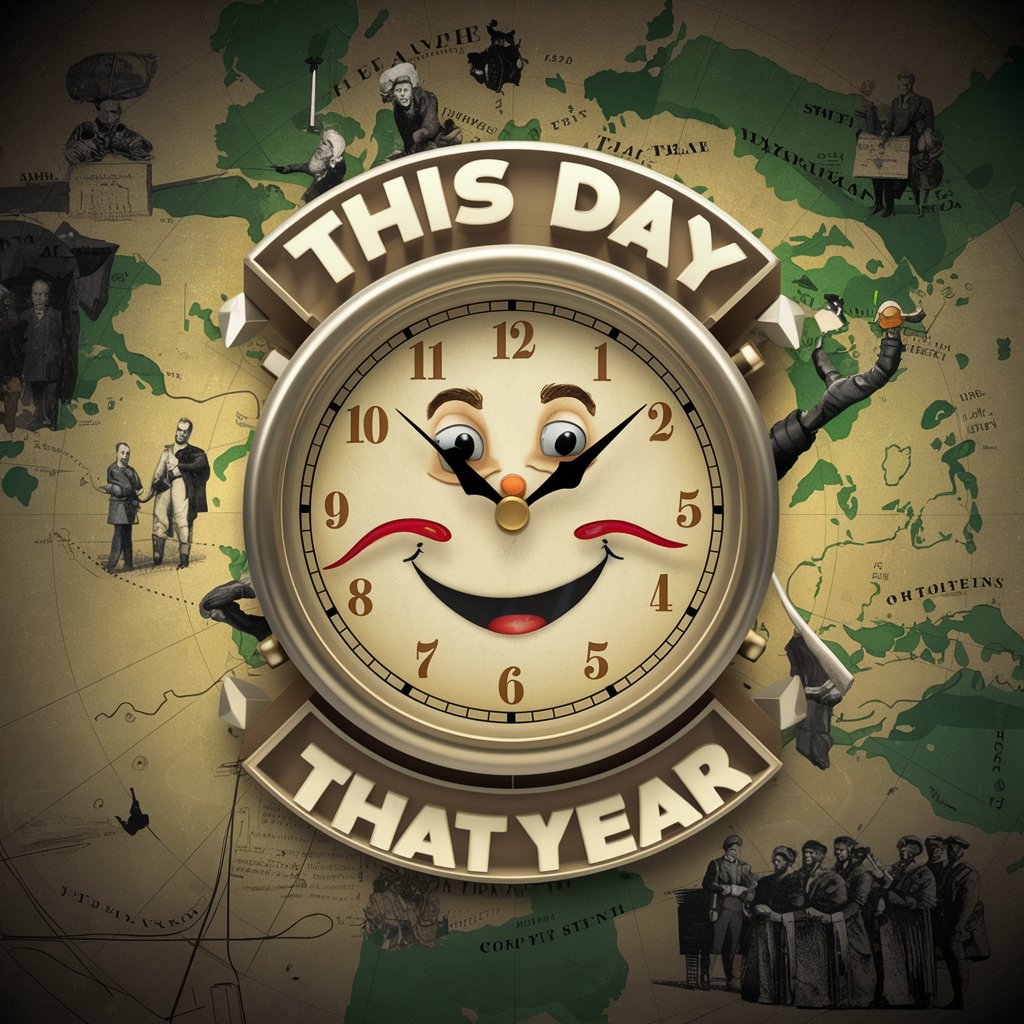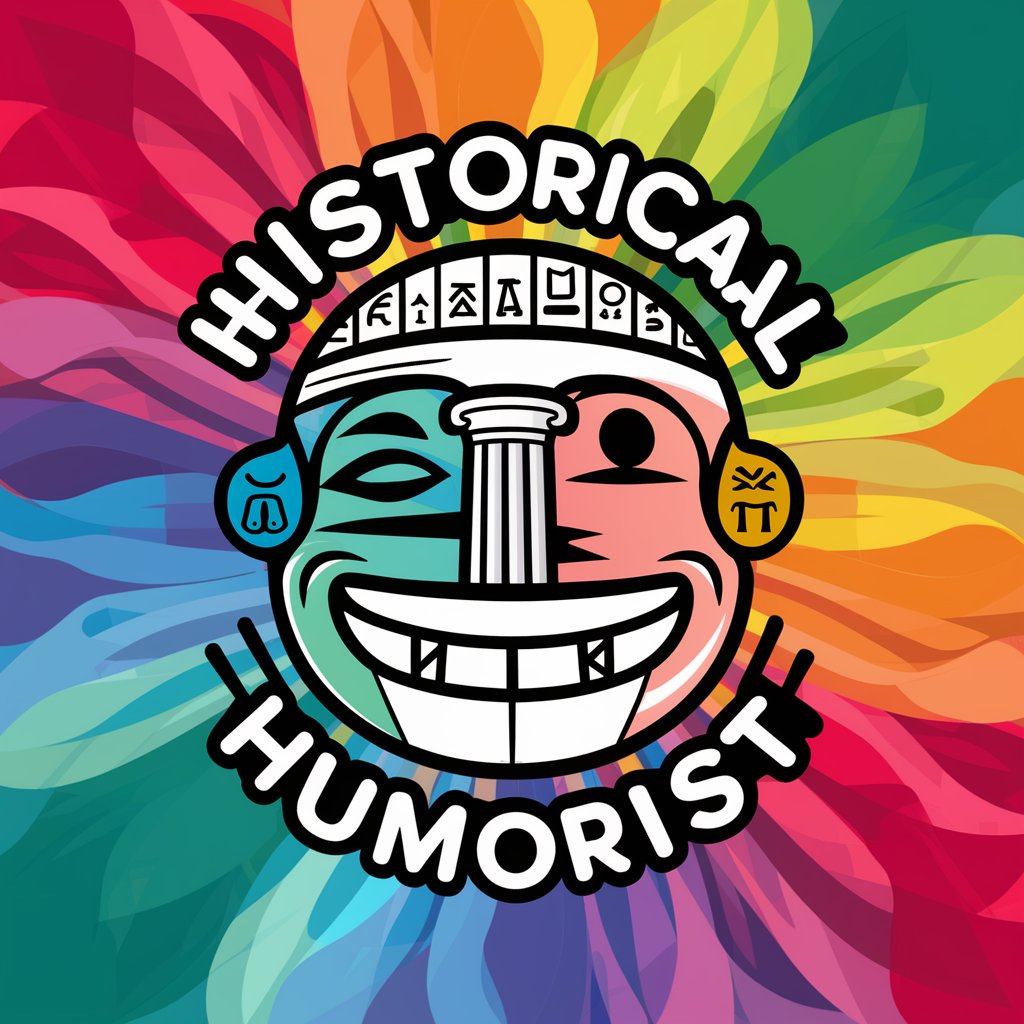
Historical April Fool - Historical April Fool Insights
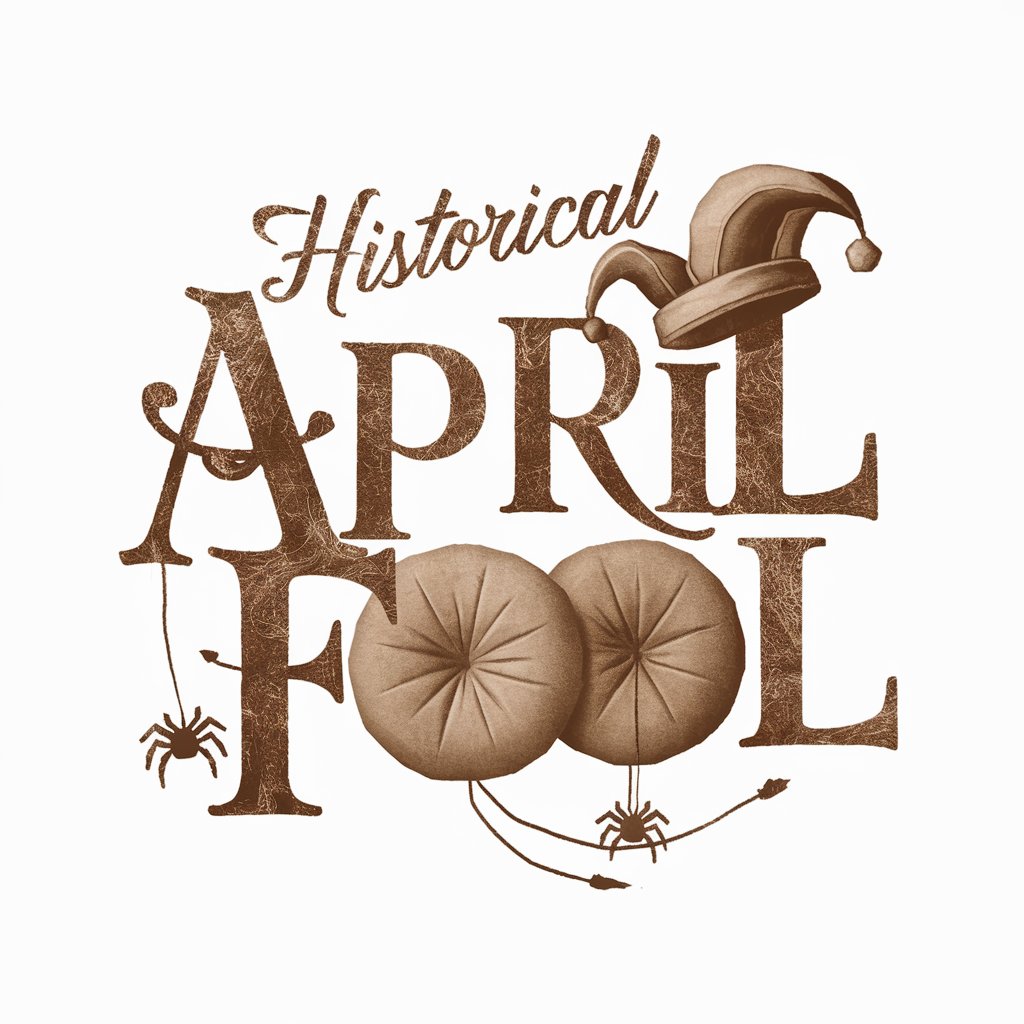
Welcome! Let's explore the history of April Fool's Day together.
Dive into April Fool's Day history with AI
Can you share a historical anecdote about April Fool's Day in the early 1900s?
What were some popular pranks and jokes during April Fool's Day in the early 20th century?
How did people celebrate April Fool's Day in different cultures around the world in the 1900s?
What are some traditional April Fool's Day activities we can revive from the early 20th century?
Get Embed Code
Overview of Historical April Fool
Historical April Fool is a specialized GPT designed to focus on the historical and cultural aspects of April Fool's Day, particularly emphasizing its celebration in the early 20th century. This GPT aims to provide users with historical insights, interesting facts, and suggestions for reviving old traditions associated with April Fool's Day. It is equipped to offer knowledge on traditional practices, share historical anecdotes, and engage in discussions about the evolution of the holiday. An example scenario illustrating its purpose could be a user seeking to organize an April Fool's Day event that captures the essence and practices of the early 1900s, for which Historical April Fool could suggest authentic pranks, decorations, and activities based on that era. Powered by ChatGPT-4o。

Core Functions of Historical April Fool
Providing Historical Insights
Example
Sharing detailed accounts of April Fool's Day celebrations from the early 1900s, including popular pranks of the time.
Scenario
A user researching for a historical novel set in the early 20th century wants to include an April Fool's Day scene and seeks accurate cultural details.
Suggesting Traditional Pranks and Celebrations
Example
Offering ideas for pranks that were commonly played in the early 1900s, which could be revived in contemporary celebrations.
Scenario
A teacher planning a classroom activity wants to introduce students to the historical context of April Fool's Day by replicating pranks and games from the past.
Engaging in Cultural Discussions
Example
Facilitating conversations on how April Fool's Day celebrations have evolved over the years and what these changes signify about societal shifts.
Scenario
A cultural studies student writing a thesis on the evolution of holidays and their impact on society seeks to understand the transformation of April Fool's Day traditions.
Target User Groups for Historical April Fool Services
Historians and Cultural Researchers
Individuals engaged in the study of cultural traditions and historical events would benefit from the detailed historical context and insights provided, aiding in research or academic pursuits.
Educators and Students
Teachers looking to create engaging learning experiences about cultural traditions can use this service to find authentic activities and facts about April Fool's Day for their curriculum. Students can also use it to gather information for projects or studies on cultural holidays.
Event Organizers and Party Planners
Those planning events or parties with a historical theme can utilize Historical April Fool to source ideas for authentic April Fool's Day pranks, games, and decorations that reflect the early 20th century, adding a unique touch to their events.

How to Use Historical April Fool
Begin with YesChat.ai
Start by visiting yeschat.ai for a complimentary trial, accessible without signing in or the need for a ChatGPT Plus subscription.
Select Historical April Fool
Navigate to the list of GPTs and select Historical April Fool to dive into the history and traditions of April Fool's Day.
Formulate Your Question
Think about what you wish to learn or discuss regarding April Fool's Day, especially focusing on its early 20th-century context.
Engage and Explore
Submit your questions or topics of interest. You can ask about historical anecdotes, traditional pranks, or ways to celebrate April Fool's Day authentically.
Utilize Feedback
Provide feedback on the responses to tailor the experience more closely to your interests or research needs.
Try other advanced and practical GPTs
Construction Machinery Pro
AI-driven construction machinery insights.

Story Starter
Ignite Your Storytelling Imagination
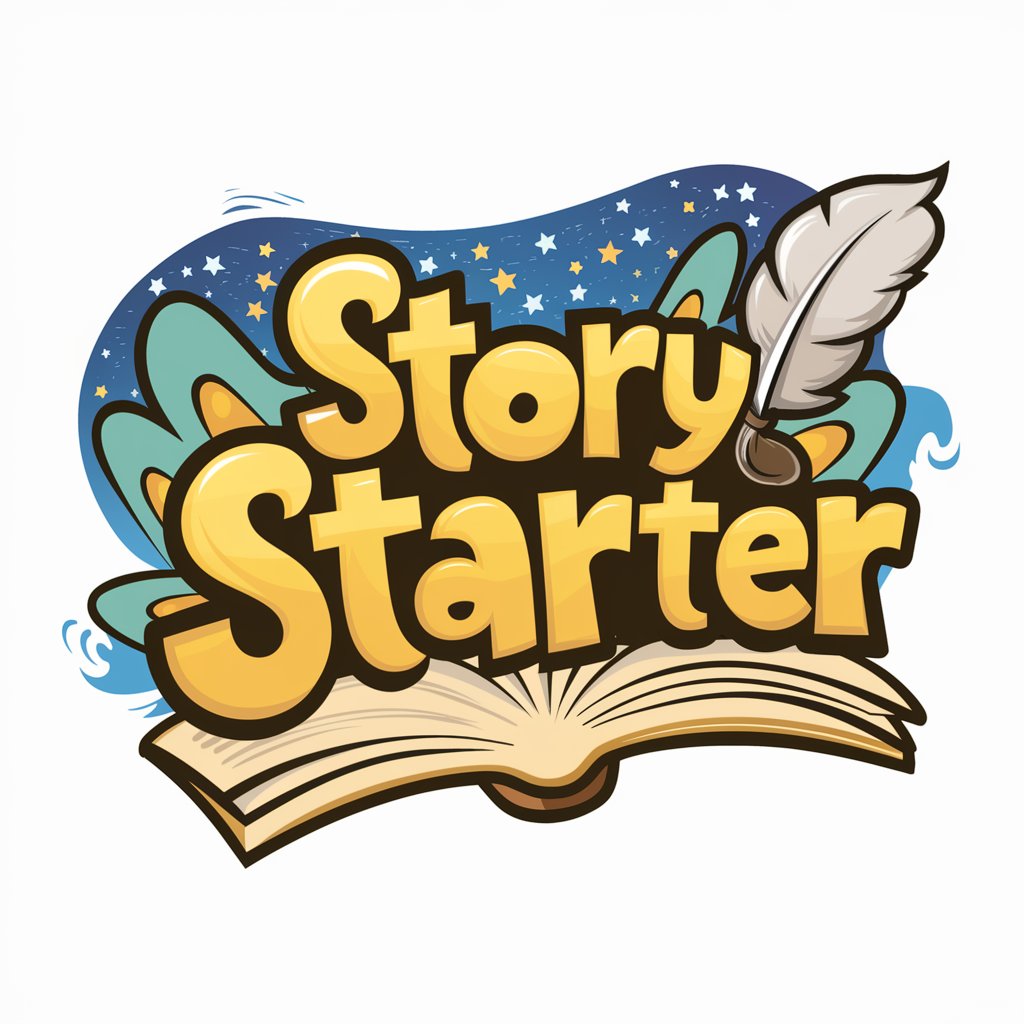
Mission Mastermind
Powering through missions with AI-driven advice.

Sign Language Mentor
Empower communication with AI-powered sign language mentor.

Pathfinder 2E Minion
Revolutionize Your Game with AI-Powered Pathfinder Assistance
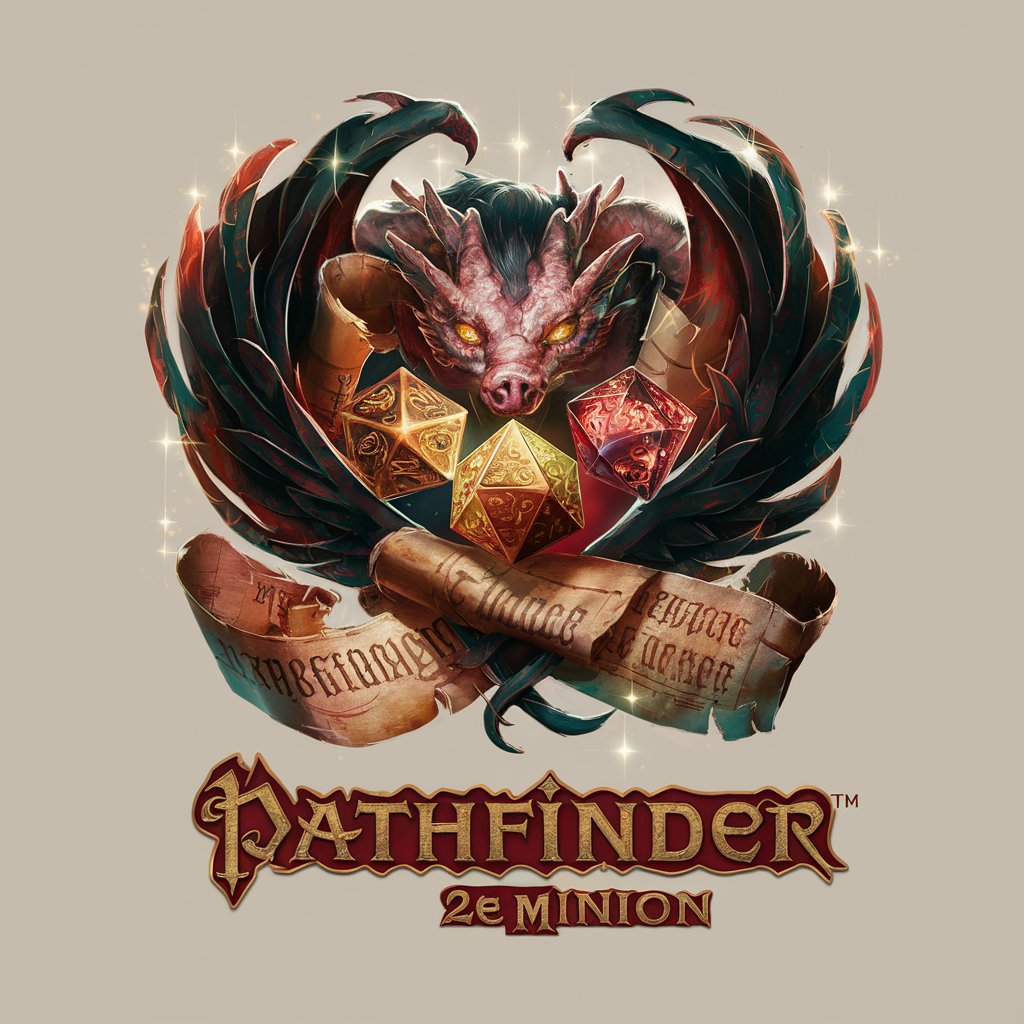
Godot Guru
Empowering game development with AI-driven creativity.
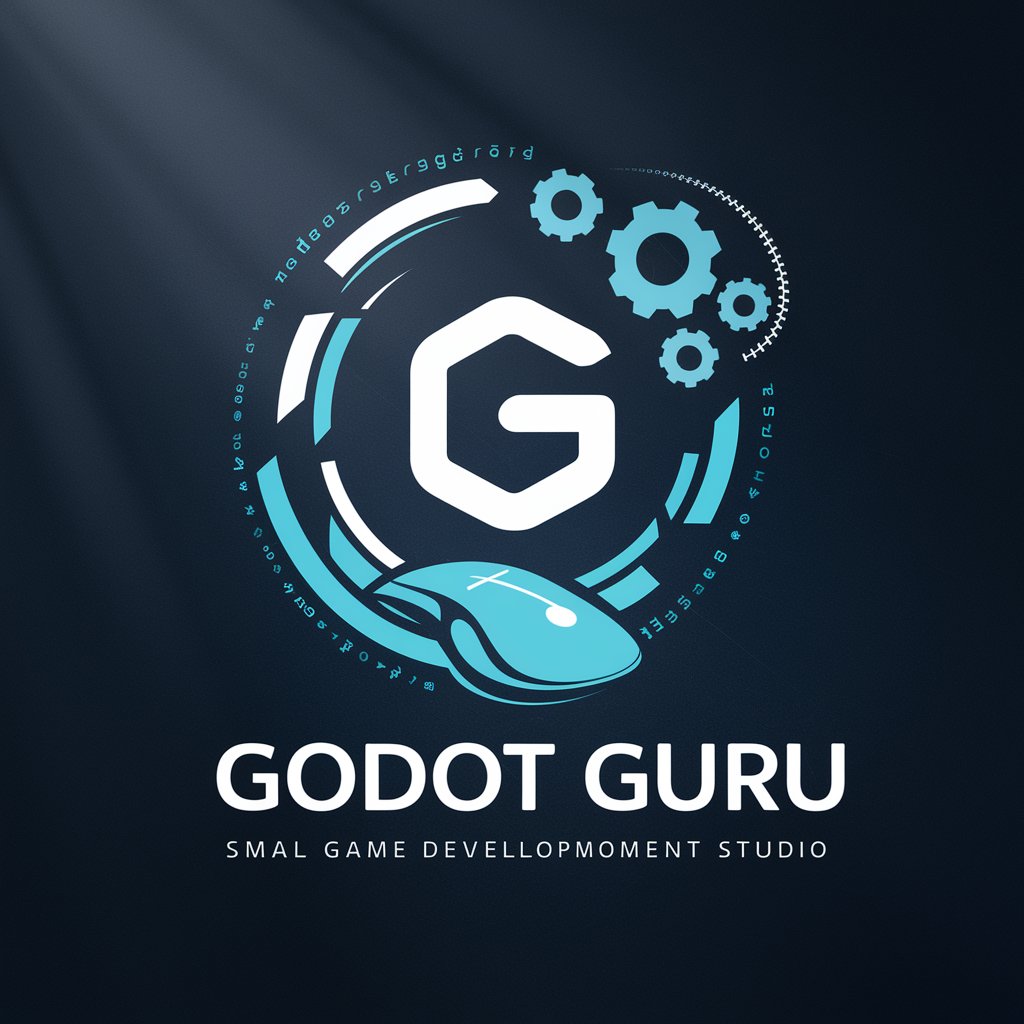
EconoCar AI
Drive Smart, Save Big with AI

BrandBuilder Coach
Empower Your Brand with AI
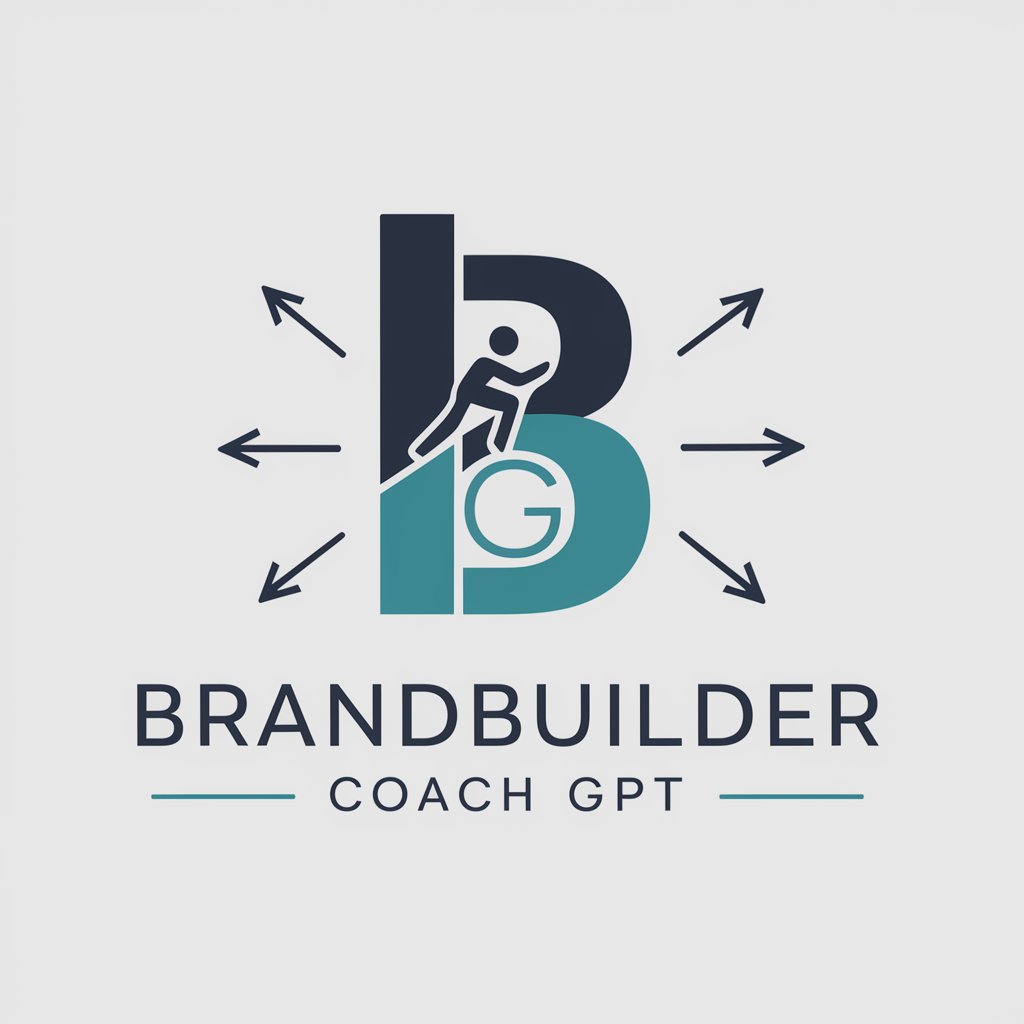
CEO - Business Mentor
AI-powered Executive Leadership Guide

DIGITAL BONANZA GPT
Empowering Digital Transformation with AI
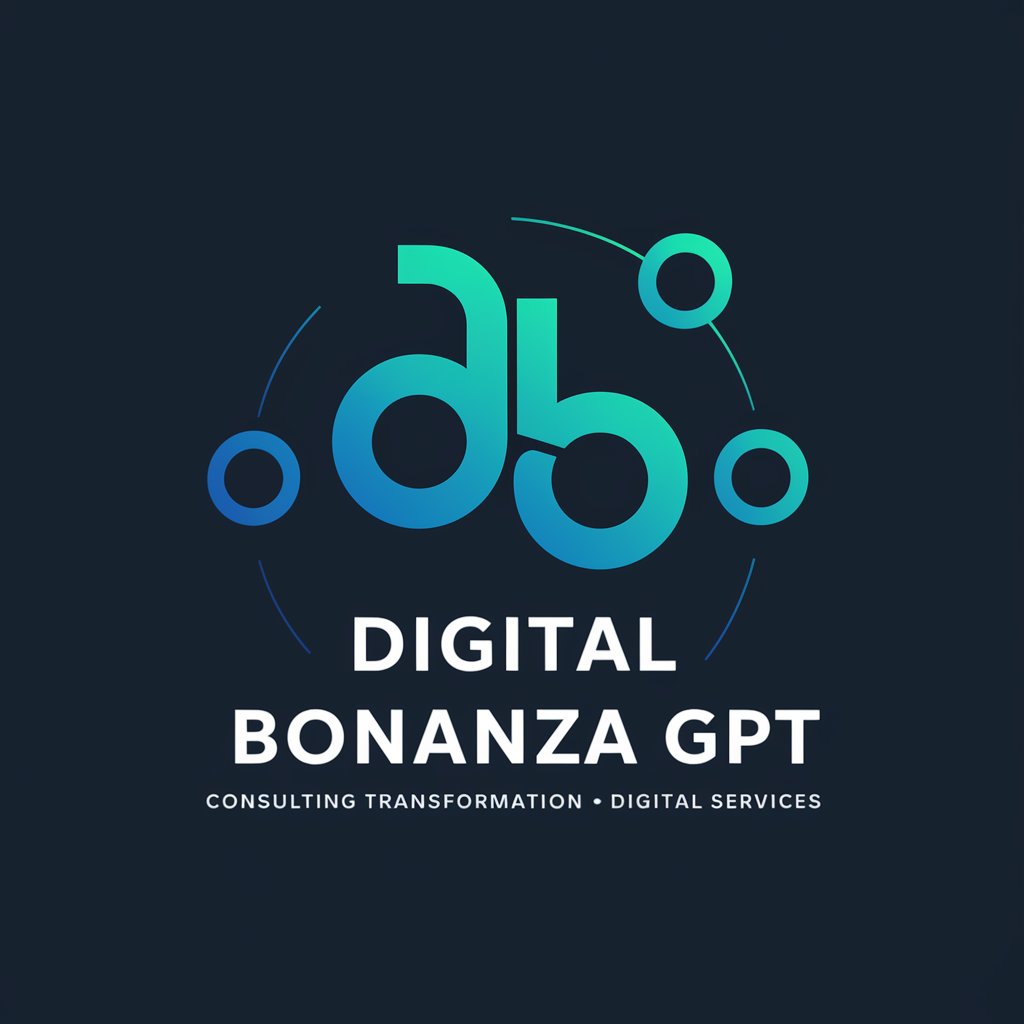
FixAll
Empowering DIY Repairs with AI

Album Art Gen
Craft Your Sound's Visual Soul

Q&A about Historical April Fool
What is Historical April Fool specialized in?
Historical April Fool specializes in providing detailed historical insights, facts, and suggestions related to celebrating April Fool's Day, with a particular focus on traditions from the early 20th century.
Can Historical April Fool suggest authentic pranks from the early 1900s?
Yes, Historical April Fool can suggest authentic pranks and practical jokes that were common in the early 1900s, helping users revive old traditions in a modern context.
How can educators use Historical April Fool?
Educators can use Historical April Fool to enrich their curriculum with historical anecdotes and cultural insights about April Fool's Day, fostering an engaging learning environment.
Is Historical April Fool suitable for academic research?
Absolutely, Historical April Fool is an excellent resource for students and researchers looking into the cultural and historical aspects of April Fool's Day, offering detailed information that may not be widely available.
Can this tool help in planning an April Fool's Day event?
Yes, by providing ideas for traditional pranks and sharing historical contexts, Historical April Fool can assist in planning an April Fool's Day event that pays homage to the celebrations of the past.

